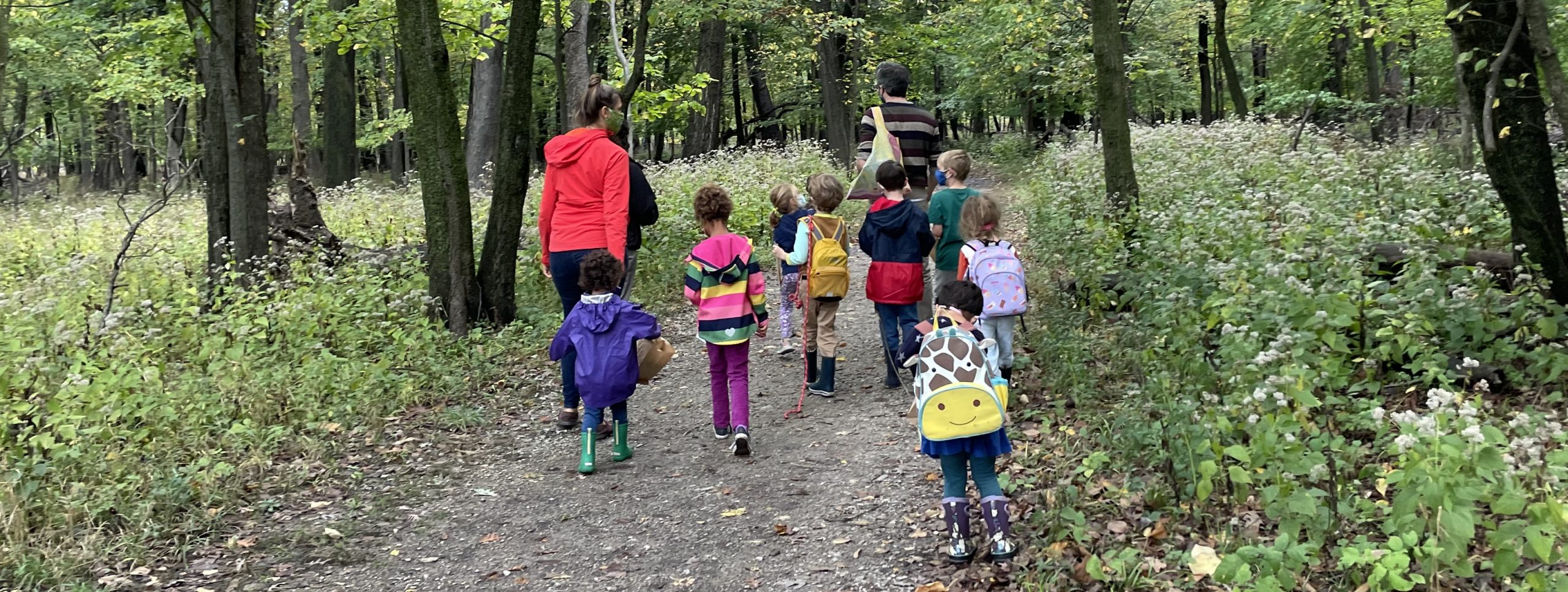We tackled that many-headed monster, spelling in English, by reviewing the three main languages that shape English (Latin, Anglo-Saxon (Old English), and French (Middle English). To make the discussion more interesting, we talked through the conquests that brought each language into the mix (Rome’s conquest of Britannia, the Anglo-Saxon-Norse conquest of the Romanized Celts, the Norman Conquest). Lastly, I shared how historical knowledge can help with tricky spelling in English: words that begin with th and wh will always break the “rules” (because they are Old English or Old Norse in origin); our most common words are Old English because English was the language of commoners; we have two names for things because of linguistic-infused class differences (“Cow” is an Old English word and “beef” is a French word because the OE-speaking commoners raised the livestock and the French-speaking aristos ate the meat!).; etc.
Then, we moved into the spelling activity. We broke the students up into pairs by counting off and then gave them a pile of letter tiles. The word “crane” was spelled in the center of the table. The students were encouraged to create a reverse-crossword puzzle, creating new words by building off of the existing words on the table. I provided a prefix/suffix handout and a phoenics cheat sheet for assistance, but most groups just went with what they knew. It was SUPER exciting to have them forget trying to win and to see them working across groups (sharing letters, jumping around to different words in progress to help). Woo hoo! One group took on supercalifragilisticexpialidocious, which was adorable, and others help to work in into our finished puzzle! They spelled their hearts out until 2:14, which was completely unexpected.
Special thanks to all the electrons for actively participating in a much loathed activity — spelling! Special thanks to Heather for gently policing the more creative spelling and showing students multiple ways of adding to the puzzle! Thanks to Elizabeth for asking great questions during the mini-lecture of the linguistic history of English!
If you have word nerds in your life, do check out:
- John Ayo, Dictionary of Word Origins
- Gary Judge, The Timeline History of English
- The History of English (on Curiosity Stream)

